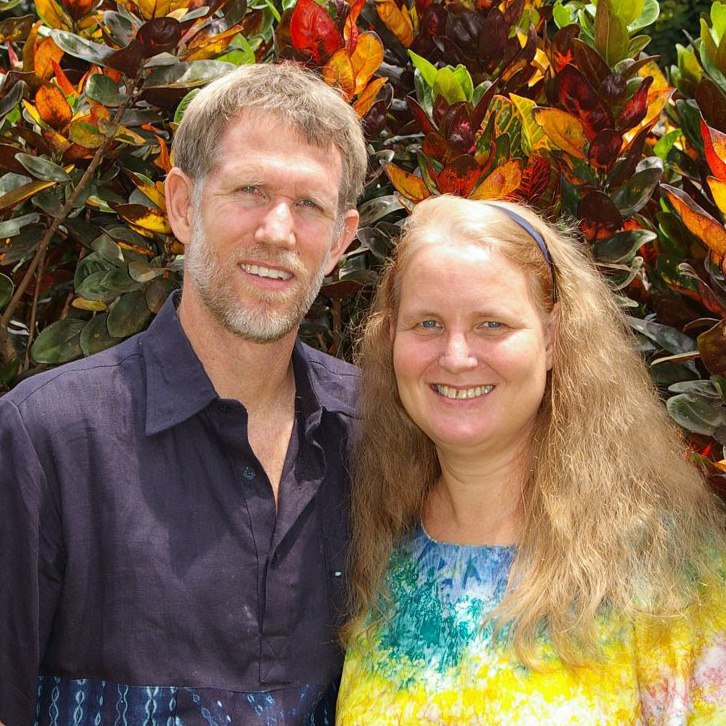Jeff and Christi Boyd - April 2013 Update
Dear Friends and Family,
I (Christi) was recently in Niger at the request of the Presbyterian Hunger Program (PHP) to follow up on water projects established the last several years through the One Great Hour of Sharing offering. Jeff had been asked to accompany a joint delegation from PC(USA) and the Reformed Church in America, including World Mission staff, mission workers, and Dr. Rob Weingartner, executive director of The Outreach Foundation. It was a good opportunity for me to take part as an agent from the Compassion, Peace and Justice ministry to make the team multidisciplinary.
My companion for this visit was Ibrahim Habou, a longstanding PHP associate through his earlier development work with Church World Service and the Evangelical Church of the Republic of Niger and currently as co-founder and president of the Christian non-profit organization Nagarta. It took us 17 hours to drive from Niger’s capital city of Niamey to the province of Zinder. Located in the heart of the Sahara Desert, low rainfall puts the population here at risk of waterborne diseases and chronic food shortages. This is why Nagarta initiated a water management program to provide clean drinking water for the communities and their livestock and to offer irrigation possibilities to increase the yield of food staples and boost commercial vegetable gardening. Meeting these various needs requires two types of water points, each different in its engineering and design.
Continuing our journey, we arrived in Maito early one morning and were greeted with the chatter of village women and the echoes of their buckets bouncing off the wall of the deep well. The women welcomed my inquisitiveness and explained while Ibrahim translated, "The water well is very useful for us. We drink the water and use it for the children, for cleaning the house, washing clothes, cooking food and bathing.” We saw construction work at Dan Kalou, where a team of villagers is preparing concrete to make well casings. Ibrahim explained that a new water project always starts with a request from the community. The women ensure the ongoing water supply needed to mix cement and provide food for the work teams. The community members receive three training sessions on awareness, hygiene and cleansing of the water spot.
Our last stop was Mazoza, where 17 wells supply water for 500 family gardens. Sitting down with the entire community, we heard how increased incomes help better feed and dress children and pay for medicines and ceremonies like weddings and baptisms. Some have been able to buy a donkey to transport crops to the market, which has then evolved to the purchase of a cow and wagon. As the sun set behind the thatched roofs of the mud houses, the village chief stood up to express a final word of gratitude to all who helped improve their lives.
Thank you!
Minimum Goal for 2014
$10,000
Location
Cameroon

